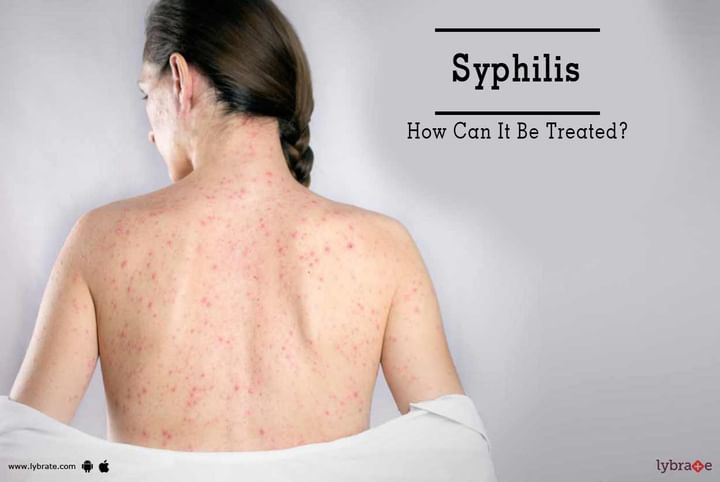Syphilis - How Can It Be Treated?
Certain diseases are fatal, thus, proper measures must be taken to ensure that once the symptoms have been confirmed, treatment must start immediately. Syphilis is one of the most communicable sexually transmitted diseases. If left untreated, Syphilis can be fatal.
It can lead to heart disease, brain damage and blindness. A woman infected with Syphilis can also pass it on unknowingly to her baby if she suffers from the disease during her pregnancy. Syphilis can be easily treated, but if left too late, the antibiotics that treat it cannot reverse the damage caused by Syphilis.
Syphilis can be tested by:
- A blood test: In most cases, a simple blood test can confirm the presence of Syphilis by showing signs of the antibodies used to fight it.
- Testing the fluid from the sores: This is usually done in the case of primary or secondary Syphilis when sores are present on the patient's skin. Looking at a scraping of the sore under a microscope can be used to diagnose Syphilis if it shows the presence of the Syphilis bacteria.
- Testing cerebrospinal fluid: This is performed only in extreme cases of Syphilis where the disease may have caused complications with your nervous system. The earlier Syphilis is diagnosed, the easier it is to treat.
Syphilis is usually treated with antibiotics amongst which penicillin is the most preferred. If you've had Syphilis for less than a year, a single injected dose of penicillin can stop the disease from progressing. You may need additional doses if you have been suffering from Syphilis for more than a year. Penicillin is also the only antibiotic that can cure Syphilis and suits pregnant women as well. If you have been diagnosed with Syphilis during pregnancy, your baby should also be treated for it.
When undergoing treatment for Syphilis, here are a few other points to keep in mind:
- Abstain from oral, vaginal and anal sex until the sores have healed
- Get blood tests at regular intervals for at least a year after treatment
- Get tested for an HIV infection
- Fevers, nausea, headaches and chills are normal side effects associated with Syphilis treatment
- If you are allergic to penicillin, let your doctor know so that you can be given an alternative antibiotic
- If you have a lesion around your mouth, Syphilis can even spread through kissing another person
The good news is that once you've been cured of Syphilis, it does not recur. However, it is recommended to always use protection while having intercourse and abstain from sexual activities if your partner suffers from Syphilis.



+1.svg)
